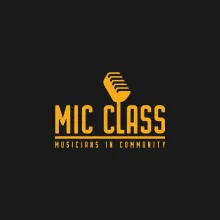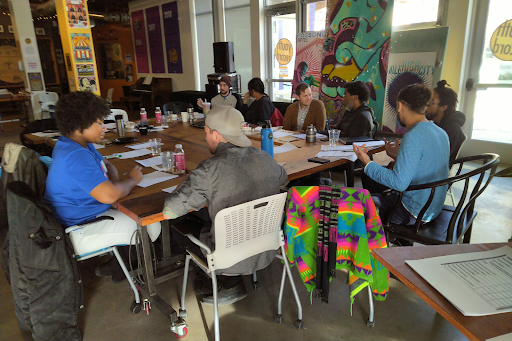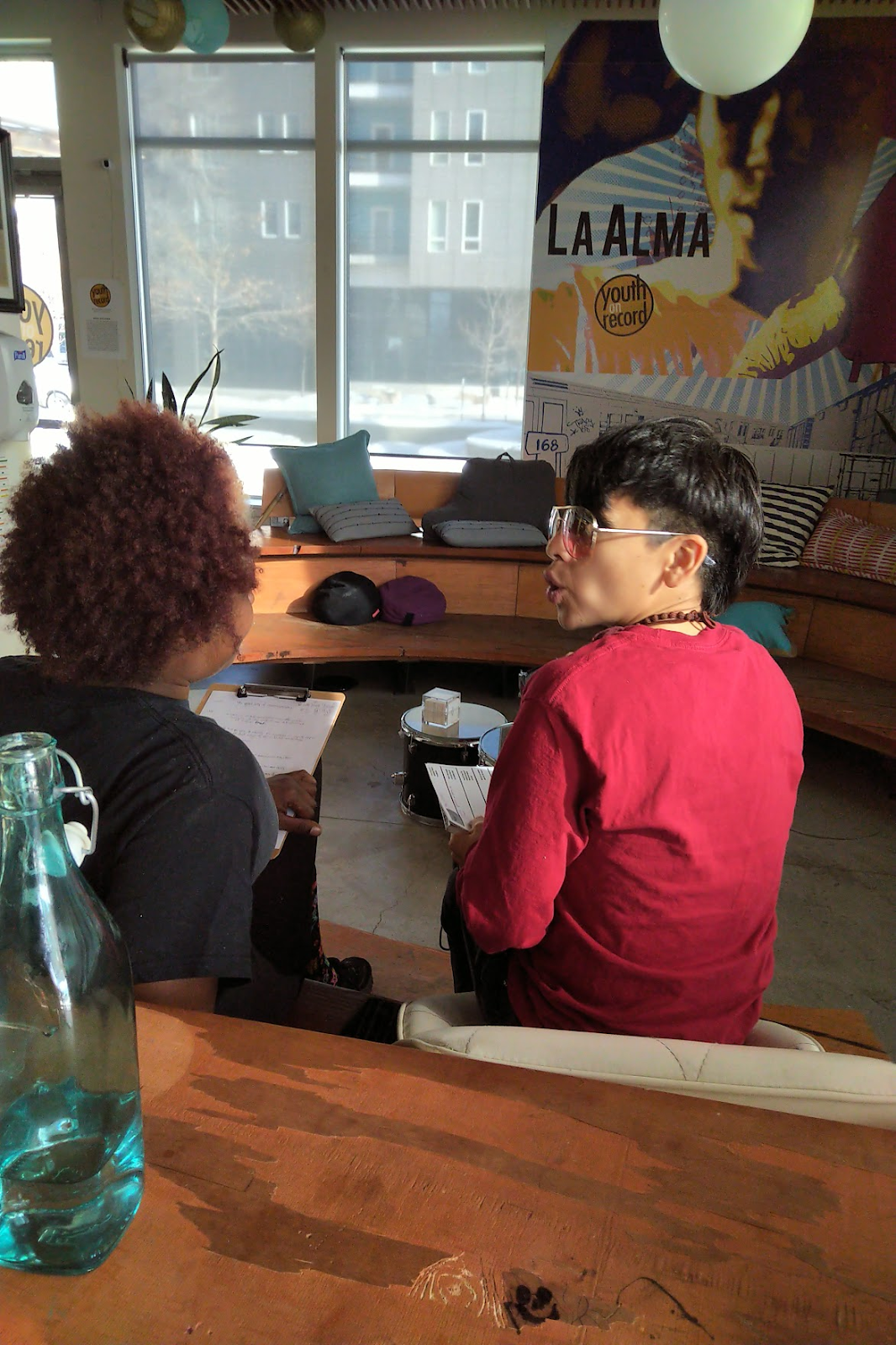
MIC Class | Musicians in Community
The room is filled with people who are sitting quietly, who are not used to sitting quietly. Perhaps it is due to it being 10:30 in the morning, 50% percent of them had gigs the night before, that or recording sessions. In any case, it was a Sunday morning in a room of brilliant musicians who hadn’t had their coffee yet.
A question is asked and a sea of hands go up accompanied by the knowing shrugs and half-smiles that come with mutually shared embarrassing moments.
The question, “Who has had a disastrous classroom performance?”
MiC class was created to help bridge the gap between a traditional gig and transformative community enrichment. In a three and a half hour workshop we convert all of the skills that professional musicians use regularly as gigging, small business owners to classroom/enrichment planning. The aim is not to make teachers out of our musicians, we want to make these one-off performances and workshops a gig just like any other. In the world of playing shows, every type of event brings its own challenges and preparation for those challenges. If it is a festival, a coffee shop, open mic, a charity event, or a protest, musicians know how to adjust their performances and preparation to ensure that they come ready to exceed the expectations that the audience has of them. You cannot make a career in music if you simply meet expectations. A perfectly adequate show won’t get people to talk about your show the whole ride home, a mediocre set doesn’t inspire people to pay too much for a tee shirt, much less wait around for an hour just to get it signed. Regularly navigating these standards with precision is what makes musicians so ready to do well in the classroom. The workshop focuses on two reframes, just two. One is the setlist, how do you curate your art and experiences in a way that allows the audience to trust you and happily go where you take them?

The second is the rider, a traditional rider is a set of requests or demands that a performer sets as criteria for performance, and the conditions by which they will perform in order to get paid. We take these fundamental documents of professional gigging and use them as a template for your lesson plan (setlist) and a statement of work and MOU in one document (rider).

Each MiC class ends with some kind of catharsis, a sign of relief, goofy grins, sometimes a subtle inner glow. When people who want to serve show up asking for ways to serve you have to answer that call with excellence. One of the surer signs of time not wasted is joy, jokes, and conversations that stretch up to an hour past the time when the workshop ended. In the past year we have not had as many MiC Classes as we had planned but, we are pivoting during COVID to train musicians to do remote enrichments. We need music in classrooms now more than ever. If we can get all of these Colorado musicians into as many of those desiccated Google Meet classes as possible, we will have conquered the most valuable educational data point of all! Making school suck less! At this time that low bar needs to be the bare minimum. We will know that we are on our way when we can ask a room filled with bleary-eyed local musicians, “Who has melted faces K through 12?” and every hand in the room goes up.


